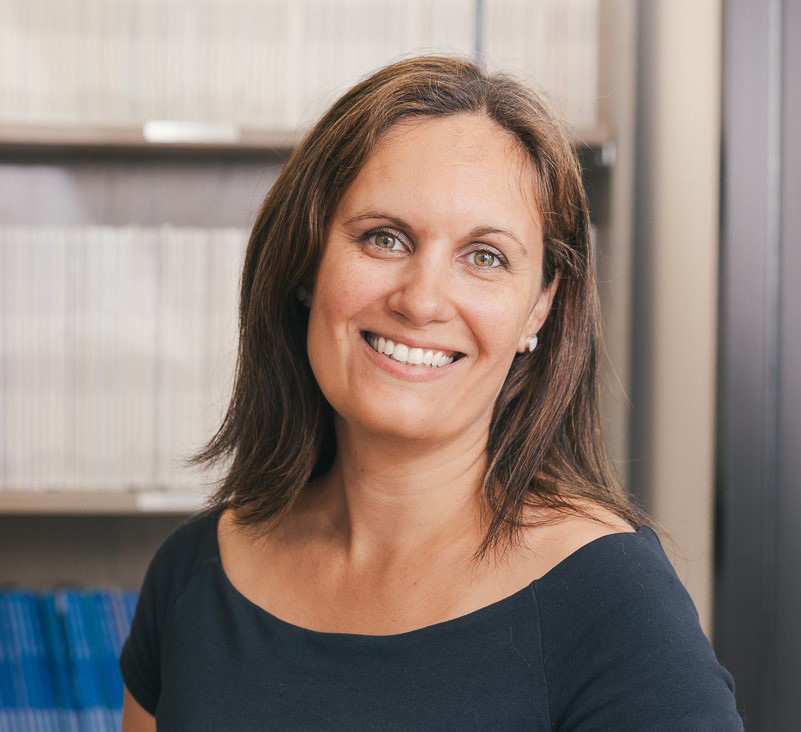
Dr Emmanuelle Souzeau is a research fellow and genetic counsellor at Flinders University with over 16 years’ experience in clinical and research genetics. She leads the genetic testing program of the Australian and New Zealand Registry of Advanced Glaucoma, with a research focus on the genetic causes of glaucoma, the psychosocial implications of testing, and best practices for communicating results. Emmanuelle co-chairs international expert panels for ClinGen and is passionate about mentoring, personalised care, and improving access to genetic testing.
In 25 words or less, tell us what your research is about?
My research focuses on the genetic causes of glaucoma, in both children and adults, the implications and implementation of genetic testing and results communication.
How do you believe your research will impact patient care or public health outcomes?
As a genetic counsellor, my research projects have often been shaped by my interactions with families living with glaucoma. Glaucoma can affect people of all ages, from newborns to older individuals, and often requires lifelong management. It is also highly genetic and testing can help identify those at high risk before they experience vision loss. Our research team aims to identify the genetic causes of glaucoma, assess the psychosocial implications of results communication and improve access to genetic testing.
What do you enjoy most about being a researcher?
I enjoy many things about being both a researcher and a genetic counsellor! I’ve always been passionate about genomics because it is a fast evolving field requiring constant learning and critical thinking. But I’m equally passionate about genetic counselling because it involves personalised conversations, recognising the needs and circumstances of each family. As a researcher, I enjoy being able to explore new ideas, and mentoring aspiring researchers through their journey and discoveries.
What do you do when you’re not researching?
Outside of work I enjoy reading a book, catching up with friends over some food and a glass of wine, hiking and preparing the next travel!
What advice would you give to aspiring health and medical researchers?
Don’t be afraid to pursue your goals and to change your mind along the way. And make sure to have a good support team around you. No research is done alone!

